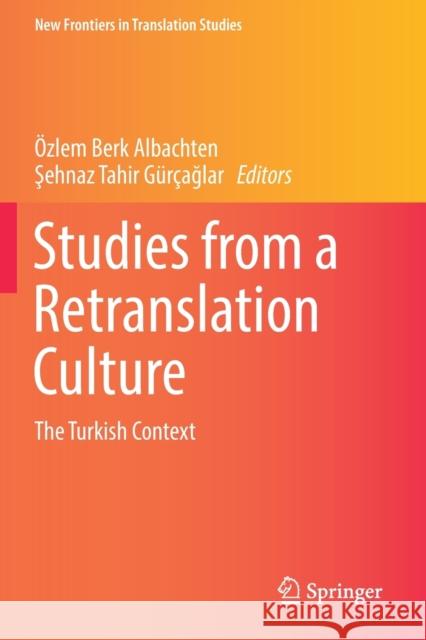Studies from a Retranslation Culture: The Turkish Context » książka
topmenu
Studies from a Retranslation Culture: The Turkish Context
ISBN-13: 9789811373169 / Angielski / Miękka / 2020 / 194 str.
Studies from a Retranslation Culture: The Turkish Context
ISBN-13: 9789811373169 / Angielski / Miękka / 2020 / 194 str.
cena 201,24
(netto: 191,66 VAT: 5%)
Najniższa cena z 30 dni: 192,74
(netto: 191,66 VAT: 5%)
Najniższa cena z 30 dni: 192,74
Termin realizacji zamówienia:
ok. 16-18 dni roboczych.
ok. 16-18 dni roboczych.
Darmowa dostawa!
Kategorie:
Kategorie BISAC:
Wydawca:
Springer
Seria wydawnicza:
Język:
Angielski
ISBN-13:
9789811373169
Rok wydania:
2020
Wydanie:
2019
Numer serii:
000475668
Ilość stron:
194
Waga:
0.29 kg
Wymiary:
23.39 x 15.6 x 1.09
Oprawa:
Miękka
Wolumenów:
01
Dodatkowe informacje:
Wydanie ilustrowane











